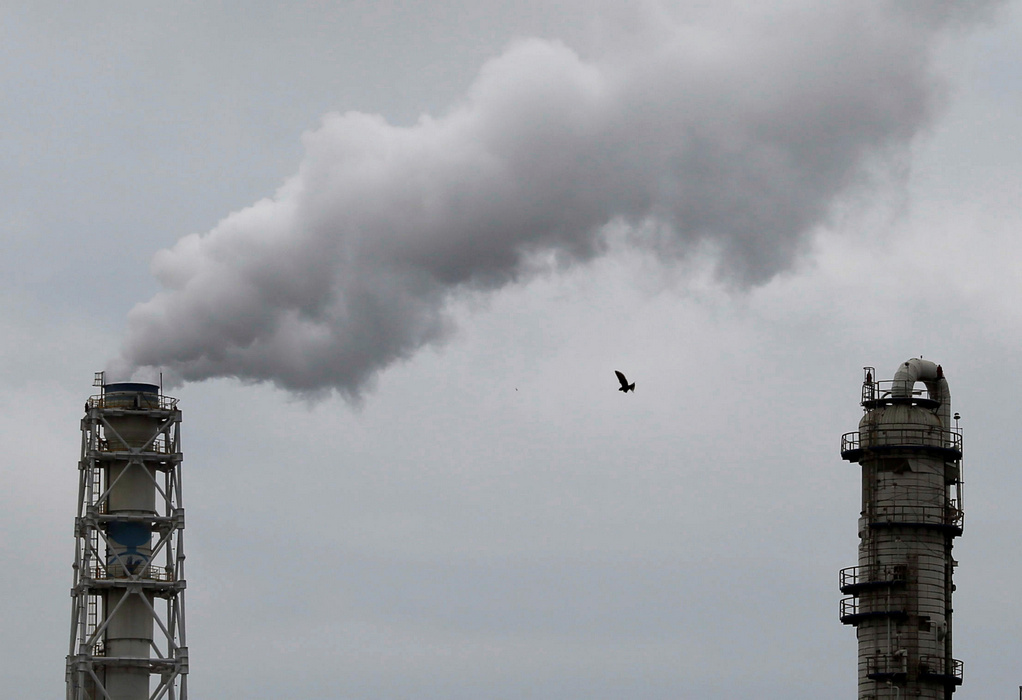The European Union has proposed a policy to tax products such as cement and steel, that are extremely carbon intensive, with effect from 2026.
With the 27 th edition of the Conference of Parties (COP) in Sharm El Sheikh nearing its final stages and efforts being ramped up to arrive at a conclusive agreement, a consortium of countries that includes India has jointly stated that carbon border taxes, that could result in market distortion and aggravate the trust deficit amongst parties, must be avoided.
The European Union has proposed a policy — called the Carbon Border Adjustment Mechanism — to tax products such as cement and steel, that are extremely carbon intensive, with effect from 2026.
India’s long-term strategy to transition to a ‘low emissions’ pathway involves more nuclear power, more ethanol
BASIC, a group constituting Brazil, India, South Africa and China, and therefore large economies that are significantly dependent on coal, has for several years voiced common concerns and reiterated their right to use fossil fuel in the interim during their countries’ eventual transformation to clean energy sources.
Tags: Carbon tax, Cement, COP27, Europe, Steel



Recent Posts
DNV Grants Approval in Principle for New Ammonia Bunkering Vessel Design
Proteus Launches Modular Hydrogen Fuel Cell System for Maritime Sector
Van Oord Unveils Boreas, World’s Largest and Most Sustainable Offshore Wind Installation Vessel
New methanol-fuelled vessel ‘Berlin Maersk’ to enter service
NMPA wins greentech global environment award
CMA CGM in negotiations with Indian shipyards for LNG-powered shipbuilding
L&T to Develop Green Hydrogen and Ammonia Projects in Kandla
Pan Ocean Orders Two Eco-Ready VLCCs from HD Hyundai Heavy Industries